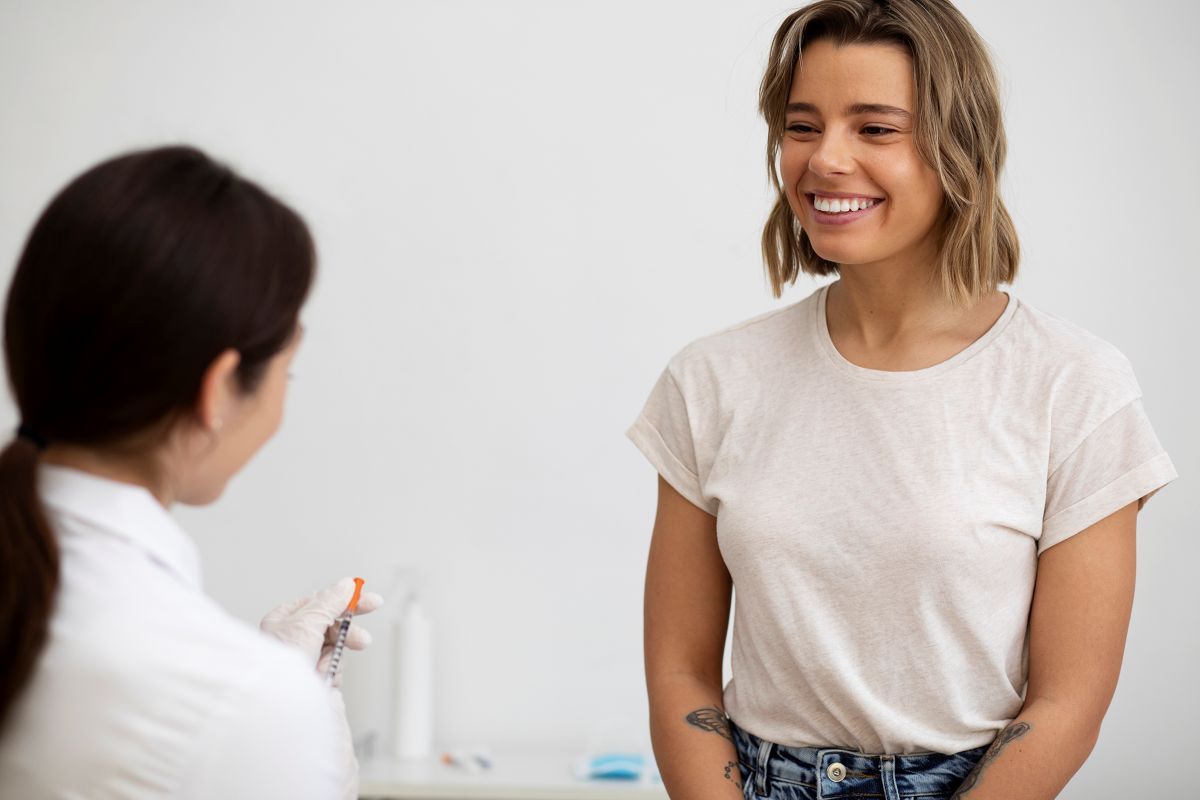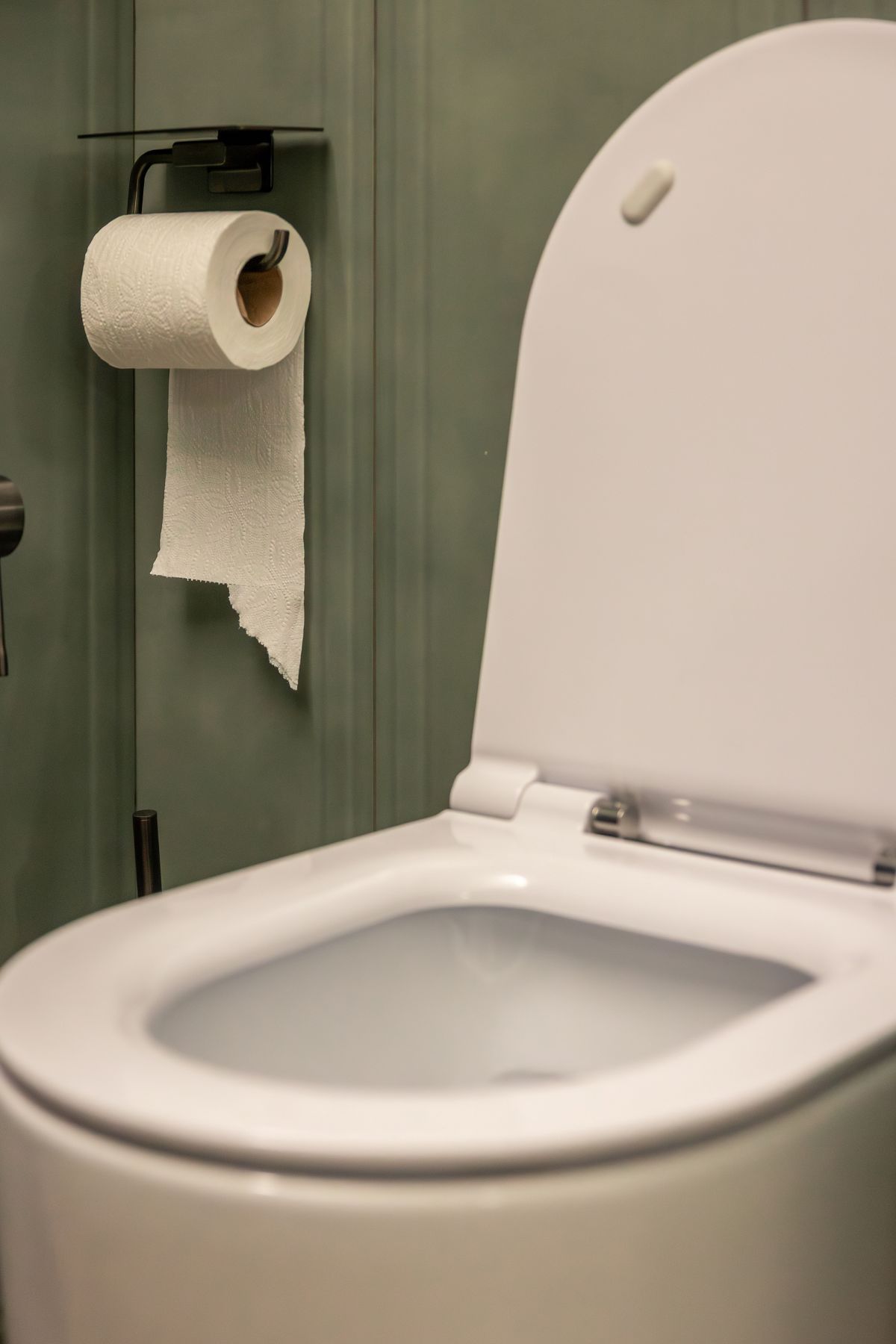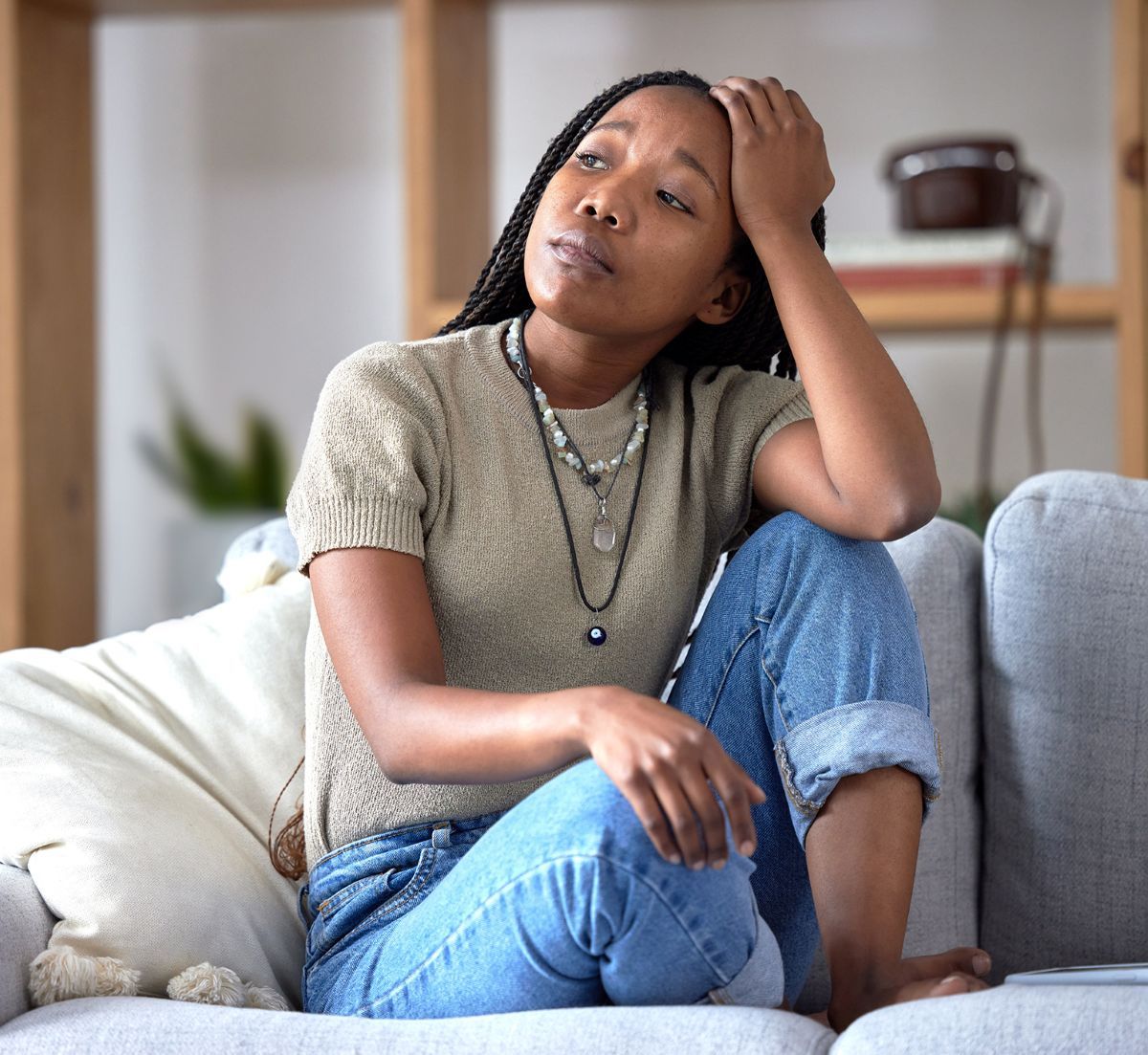Like the estimated 25 million patients who have peripheral neuropathy in the U.S., many Americans are all too familiar with the agony that this degenerative nerve condition causes — painful burning, cold sensations, tingling or severe numbness in the feet. The suffering often worsens at night and affects sleep.
Ronnie Banks, resident of Summerville and former president of Banks Construction, started experiencing burning and pain in his feet four years ago. It progressed to numbness so severe that he had to re-learn to drive without feeling the accelerator and brake pedals.
“It got so bad that I couldn’t get up and down,” says Banks. “I have tremendous strength in my legs — I work out three times a week — and yet the numbness was so bad I couldn’t get up or down. “
After he was diagnosed with peripheral neuropathy, he soon realized he had a lot of company.
THE COMING WAVE
Peripheral neuropathy can come in many forms and can be traced to many causes, although half of the cases have no apparent cause, according to the National Institute of Health.
Because the most common cause is diabetes, experts anticipate the obesity epidemic and resulting increase in diabetes will increase the numbers of sufferers.
The NIH says medical causes of peripheral neuropathy other than diabetes include rheumatoid arthritis or lupus, chronic kidney disorders, toxic exposure, certain medications, and poor blood flow to the legs.
While there is no magic pill or surgery to relieve peripheral neuropathy, neurologists say that offering individual treatment options that ease the symptoms can help patients.
RELIEF
Since February of 2012, West Ashley Wellness and Lowcountry Neuropathy, owned by Dr. Mark Luckie of Charleston, has been offering a treatment supervised by a medical team that includes physician Dr. Atul Gupta and Jessica Lowther, MSN, FNP, BC.
“Our clinically proven treatments have helped so many people in Charleston combined with the fact that so many people were driving in from the Bluffton and Beaufort area we decided to open a clinic in each town. The patient response has been amazing” says Luckie.
The treatment, called combination electrochemical therapy, involves injections of a local anesthetic into the nerves above the ankle in twice weekly office boosts for a four week period. After injections and at home, the patient applies an electronic signal that sends a frequency into the foot using electrodes. The stimulation activates the release of natural pain suppressing modulators and causes microcirculation to improve healing.
In simpler terms, Luckie compares the treatment to rebooting a malfunctioning computer.
“The technique is to turn the nerves down with the Marcaine (anesthetic) and then turn the nerves on with the electrical therapy,” says Luckie.
So far, Luckie and Gupta say patients such as Banks are finding relief. About 30 percent are reporting a 90 percent improvement, and about half are reporting a 70 percent relief of symptoms. About one in 20 say they are getting no relief at all.
Like other peripheral neuropathy treatments, they say results and progress vary. While the initial nerve blocks end at two months, electrical stimulation continues. Recurrence might require future nerve blocks.
Most insurance and Medicare cover the treatment.
For more information, call Lowcountry Neuropathy at 843-770-0009.





